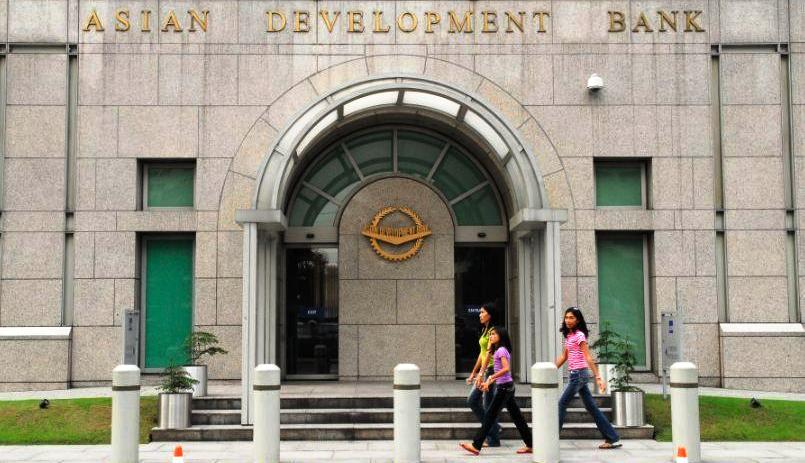Finance
 Water Resource Management
Water Resource Management ADB will lend USD 71 million to help Bangladesh's water resource management
Own Correspondent, Dhaka, 14 March 2024: The Asian Development Bank (ADB) has approved a $71 million loan to improve flood control, irrigation and water resource management for rural communities in Gopalganj and Madaripur districts of Bangladesh to strengthen their preparedness and resilience to climate change impacts.
An official statement quoted Pushkar Srivastava, ADB's senior project management expert, as saying, "ADB's additional support will further boost economic growth and productivity, increase income and sustainable livelihoods, particularly for women and vulnerable groups, and reduce poverty in rural areas of southwest Bangladesh."
The financial grant scheme is expected to benefit over 6 lakh people and implement climate-resilience, flood control, drainage and irrigation (FCDI) systems and reduce saline intrusion. It will adopt nature-based solutions to strengthen FCDI infrastructure and improve drainage in the four sub-basins. Because the project will develop and develop integrated water management plans, build training centers for water management agencies and build other community infrastructure
Pushkar said the project will build on the successes achieved under the ADB-funded Southwest Region Integrated Water Resources Planning and Management Project, which has increased agricultural production, improved community infrastructure and increased rural household incomes. Based on the Global Climate Risk Index, Bangladesh ranks seventh in terms of climate risk. Bangladesh is facing increasing frequency and intensity of climate events due to extreme weather and slow onset.
Without effective adaptation measures, climate variability and extreme events affect rural communities, especially women, who rely on climate-sensitive agricultural practices and natural resources for their livelihoods, as the country could lose nearly 30 percent of its agricultural gross domestic product by 2050.



